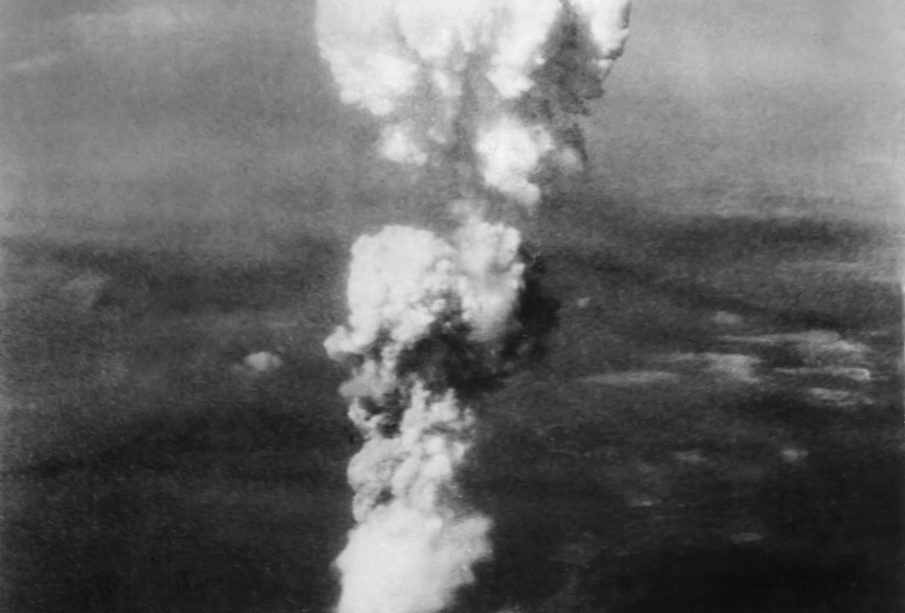The Hiroshima Bomb: A Turning Point in History

Introduction
The atomic bombing of Hiroshima on August 6, 1945, marked a significant turning point in world history. This tragic event is not only a powerful reminder of the devastation that can arise from warfare but also played a crucial role in bringing an end to World War II. Understanding the events surrounding the Hiroshima bomb is essential for grasping both the immediate impact on Japan and the broader implications for global politics and nuclear warfare.
The Event and Its Impact
On that fateful day, the United States dropped an atomic bomb, nicknamed ‘Little Boy,’ on the city of Hiroshima, resulting in the immediate deaths of an estimated 70,000 to 80,000 individuals. Within months, this number would increase due to radiation exposure to around 140,000 people. The bomb, which released the equivalent of about 15 kilotons of TNT, obliterated approximately 70% of the buildings in Hiroshima, leaving a once-thriving city in ruins.
The consequences of the bombing were not confined to immediate destruction. Survivors, known as hibakusha, faced long-term health issues, including various cancers and chronic diseases resulting from radiation. Additionally, the psychological scars left on the survivors and the generations that followed are profound, emphasizing a need for remembrance and education about nuclear warfare.
Global Response and Legacy
In the wake of the Hiroshima bombing and the subsequent bombing of Nagasaki three days later, Japan surrendered on August 15, 1945, effectively ending World War II. However, the event sparked an ongoing debate about the ethics of using nuclear weapons. It raised critical questions regarding military necessity versus civilian casualties and set the stage for international nuclear policy discussions and disarmament efforts in subsequent decades.
The significance of Hiroshima extends beyond World War II; it serves as a stark reminder of the catastrophic potential of nuclear warfare. The event has inspired numerous movements advocating for nuclear disarmament and has become a focal point of education regarding peace and resolution of conflict without violence.
Conclusion
The Hiroshima bombing is a pivotal historical event that continues to affect global relations and perspectives on warfare. As the world grapples with the presence of nuclear weapons, reflecting on the lessons learned from Hiroshima remains crucial. It emphasizes the importance of diplomacy and peace in ensuring that such a tragedy is never repeated. The legacy of Hiroshima teaches us that the pursuit of peace is more essential than ever, as humanity strives to build a future devoid of the horrors of nuclear warfare.









